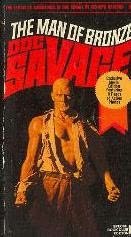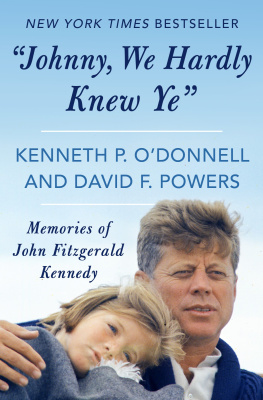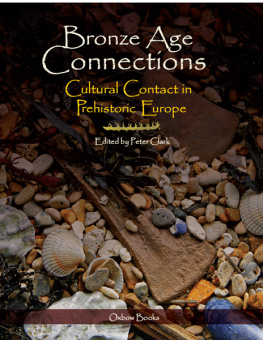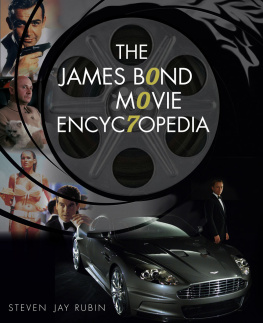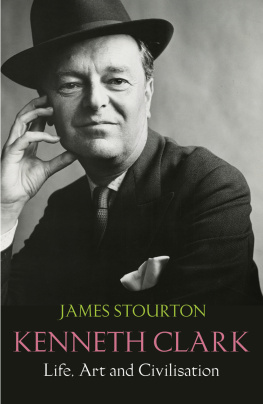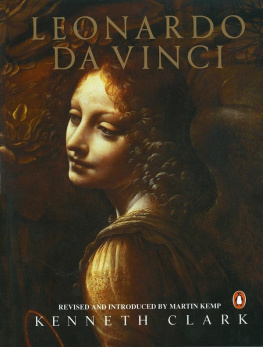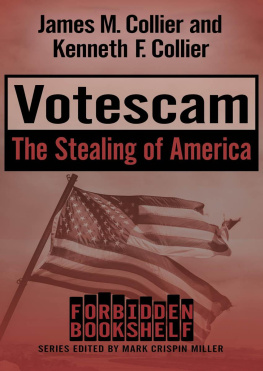Kenneth Robeson - The Man of Bronze
Here you can read online Kenneth Robeson - The Man of Bronze full text of the book (entire story) in english for free. Download pdf and epub, get meaning, cover and reviews about this ebook. genre: Detective and thriller. Description of the work, (preface) as well as reviews are available. Best literature library LitArk.com created for fans of good reading and offers a wide selection of genres:
Romance novel
Science fiction
Adventure
Detective
Science
History
Home and family
Prose
Art
Politics
Computer
Non-fiction
Religion
Business
Children
Humor
Choose a favorite category and find really read worthwhile books. Enjoy immersion in the world of imagination, feel the emotions of the characters or learn something new for yourself, make an fascinating discovery.
- Book:The Man of Bronze
- Author:
- Genre:
- Rating:4 / 5
- Favourites:Add to favourites
- Your mark:
- 80
- 1
- 2
- 3
- 4
- 5
The Man of Bronze: summary, description and annotation
We offer to read an annotation, description, summary or preface (depends on what the author of the book "The Man of Bronze" wrote himself). If you haven't found the necessary information about the book — write in the comments, we will try to find it.
The Man of Bronze — read online for free the complete book (whole text) full work
Below is the text of the book, divided by pages. System saving the place of the last page read, allows you to conveniently read the book "The Man of Bronze" online for free, without having to search again every time where you left off. Put a bookmark, and you can go to the page where you finished reading at any time.
Font size:
Interval:
Bookmark:
Kenneth Robeson
The Man of Bronze
Chapter 1. THE SINISTER ONE
There was death afoot in the darkness.
It crept furtively along a steel girder. Hundreds of feet below yawned glass-and-brick-walled cracks New York streets. Down there, late workers scurried homeward. Most of them carried umbrellas, and did not glance upward.
Even had they looked, they probably would have noticed nothing. The night was black as a cave bat. Rain threshed down monotonously The clammy sky was like an oppressive shroud wrapped around the tops of the tall buildings.
One skyscraper was under construction. It had been completed to the eightieth floor. Some offices were in use.
Above the eightieth floor, an ornamental observation tower jutted up a full hundred and fifty feet more. The metal work of this was in place, but no masonry had been laid. Girders lifted a gigantic steel skeleton. The naked beams were a sinister forest.
It was in this forest that Death prowled.
Death was a man.
He seemed to have the adroitness of a cat at finding his way in the dark. Upward, he crept. The girders were slick with rain, treacherous. The man's progress was gruesome in its vile purpose.
From time to time, he spat strange, clucking words. A gibberish of hate!
A master of languages would have been baffled trying to name the tongue the man spoke. A profound student might have identified the dialect. The knowledge would be hard to believe, for the words were of a lost race, the language of a civilization long vanished!
"He must die!" the man chanted hoarsely in his strange lingo. "It is decreed by the Son of the Feathered Serpent! To-night! To-night death shall strike!"
Each time he raved his paean of hate, the man hugged an object he carried closer to his chest.
This object was a box, black, leather-covered. It was about four inches deep and four feet long.
"This shall bring death to him!" the man clucked, caressing the black case.
The rain beat him. Steel-fanged space gaped below. One slip would be his death. He climbed upward yard after yard.
Most of the chimneys which New Yorkers call office buildings had been emptied of their daily toilers. There were only occasional pale eyes of light gleaming from their sides.
The labyrinth of girders baffled the skulker a moment. He poked a flashlight beam inquisitively. The glow lasted a bare instant, but it disclosed a remarkable thing about the man's hands.
The finger tips were a brilliant red! They might have been dipped an inch of their length in a scarlet dye.
The red-fingered man scuttled onto a workmen's platform. The planks were thick. The platform was near the outside of the wilderness of steel.
The man lowered his black case. His inner pocket disgorged compact, powerful binoculars.
On the lowermost floor of a skyscraper many blocks distant, the crimson-fingered man focused his glasses. He started counting stories upward.
The building was one of the tallest in New York. A gleaming spike of steel and brick, it rammed upward nearly a hundred stories.
At the eighty-sixth floor, the sinister man ceased to count. His glasses moved right and left until they found a lighted window. This was at the west corner of the building.
Only slightly blurred by the rain, the powerful binoculars disclosed what was in the room.
The broad, polished top of a massive and exquisitely inlaid table stood directly before the window.
Beyond it was the bronze figure!
This looked like the head and shoulders of a man, sculptured in hard bronze. It was a startling sight, that bronze bust. The lines of the features, the unusually high forehead, the mobile and muscular, but not too-full mouth, the lean cheeks, denoted a power of character seldom seen.
The bronze of the hair was a little darker than the bronze of the features. The hair was straight, and lay down tightly as a metal skullcap. A genius at sculpture might have made it.
Most marvelous of all were the eyes. They glittered like pools of flake gold when little lights from the table lamp played on them. Even from that distance they seemed to exert a hypnotic influence through the powerful binocular lenses, a quality that would cause the most rash individual to hesitate.
The man with the scarlet-tipped fingers shuddered.
"Death!" he croaked, as if seeking to overcome the unnerving quality of those strange, golden eyes. "The Son of the Feathered Serpent has commanded. It shall be death!"
He opened the black box. Faint metallic clickings sounded as he fitted together parts of the thing it held. After that, he ran his fingers lovingly over the object.
"The tool of the Son of the Feathered Serpent!" he chortled. "It shall deliver death!"
Once more, he pressed the binoculars to his eyes and focused them on the amazing bronze statue.
The bronze masterpiece opened its mouth, yawned for it was no statue, but a living man!
The bronze man showed wide, very strong-looking teeth, in yawning. Seated there by the immense desk, he did not seem to be a large man. An onlooker would have doubted his six feet height and would have been astounded to learn he weighed every ounce of two hundred pounds.
The big bronze man was so well put together that the impression was not of size, but of power. The bulk of his great body was forgotten in the smooth symmetry of a build incredibly powerful.
This man was Clark Savage, Jr.
Doc Savage! The man whose name was becoming a byword in the odd corners of the world!
Apparently no sound had entered the room. But the big bronze man left his chair. He went to the door. The hand he opened the door with was long-fingered. supple. Yet its enormous tendons were like cables under a thin film of bronze lacquer.
Doc Savage's keenness of hearing was vindicated. Five men were getting out of the elevator cage, which had come up silently.
These men came toward Doc. There was wild delight in their manner. But for some sober reason, they did not shout boisterous greetings. It was as though Doc bore a great grief, and they sympathized deeply with him, but didn't know what to say.
The first of the five men was a giant who towered four inches over six feet. He weighed fully two fifty. His face was severe, his mouth thin and grim, and compressed tightly, as though he had just finished uttering a disapproving, "Tsk tsk!" sound. His features had a most puritanical look.
This was "Renny," or Colonel John Renwick. His arms were enormous, his fists bony monstrosities. His favorite act was to slam his great fists through the solid panel of a heavy door. He was known throughout the world for his engineering accomplishments, also.
Behind Renny came William Harper Littlejohn. Very tall, very gaunt Johnny wore glasses with a peculiarly thick lens over the left eye. He looked like a half-starved, studious scientist. He was probably one of the greatest living experts on geology and archaeology.
Next was Major Thomas I. Roberts, dubbed "Long Tom". Long Tom was the physical weakling of the crowd, thin, not very tall, and with a none-too-healthy-appearing skin. He was a wizard with electricity.
"Ham" trailed Long Tom. "Brigadier General Theodore Marley Brooks," Ham was designated on formal occasions. Slender, waspy, quick-moving, Ham looked what he was a quick thinker and possibly the most astute lawyer Harvard ever turned out. He carried a plain black cane never went anywhere without it. This was, among other things, a sword cane.
Last came the most remarkable character of all. Only a few inches over five feet tall, he weighed better than two hundred and sixty pounds. He had the build of a gorilla, arms six inches longer than his legs, a chest thicker than it was wide. His eyes were so surrounded by gristle as to resemble pleasant little stars twinkling in pits. He grinned with a mouth so very big it looked like an accident.
Font size:
Interval:
Bookmark:
Similar books «The Man of Bronze»
Look at similar books to The Man of Bronze. We have selected literature similar in name and meaning in the hope of providing readers with more options to find new, interesting, not yet read works.
Discussion, reviews of the book The Man of Bronze and just readers' own opinions. Leave your comments, write what you think about the work, its meaning or the main characters. Specify what exactly you liked and what you didn't like, and why you think so.

